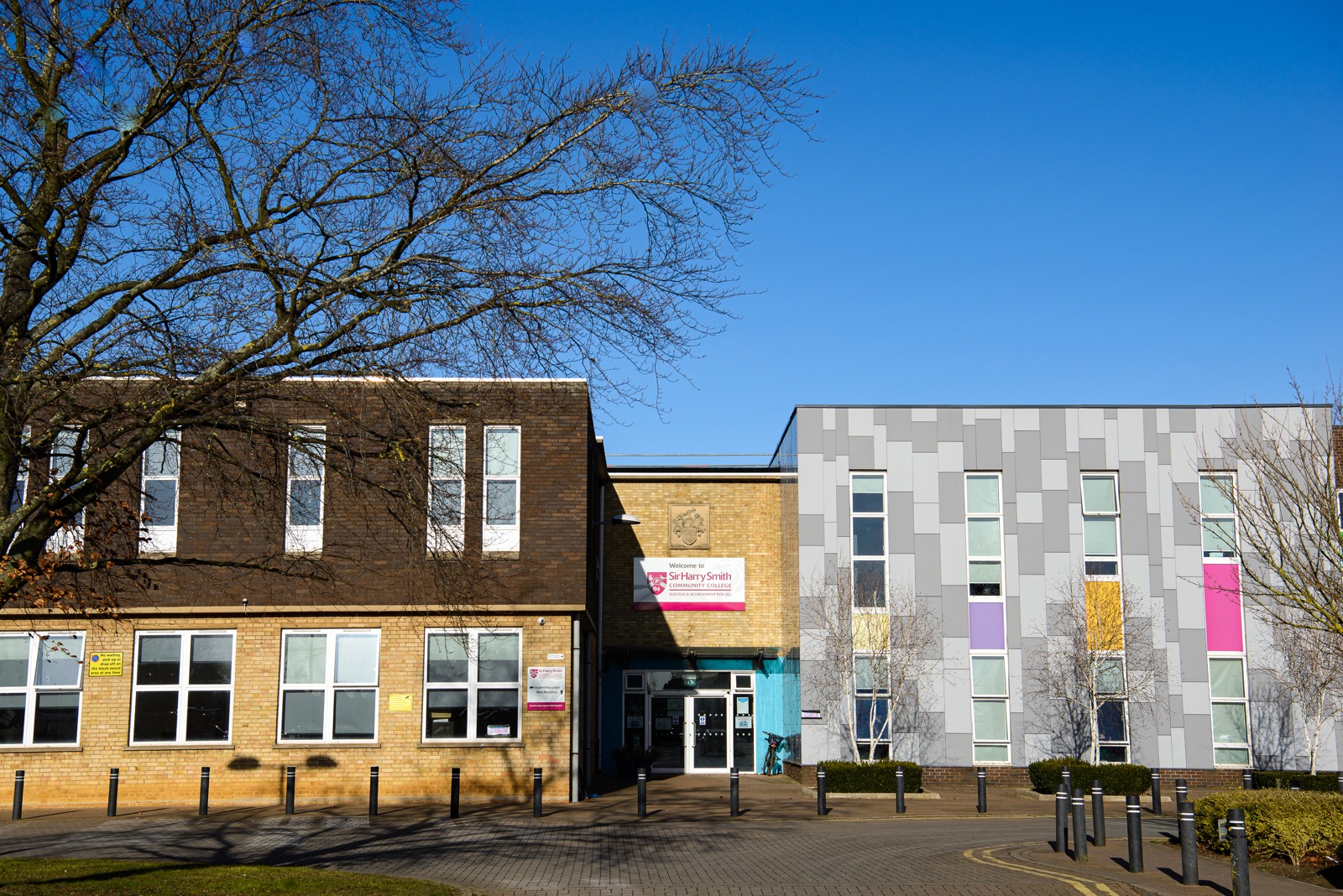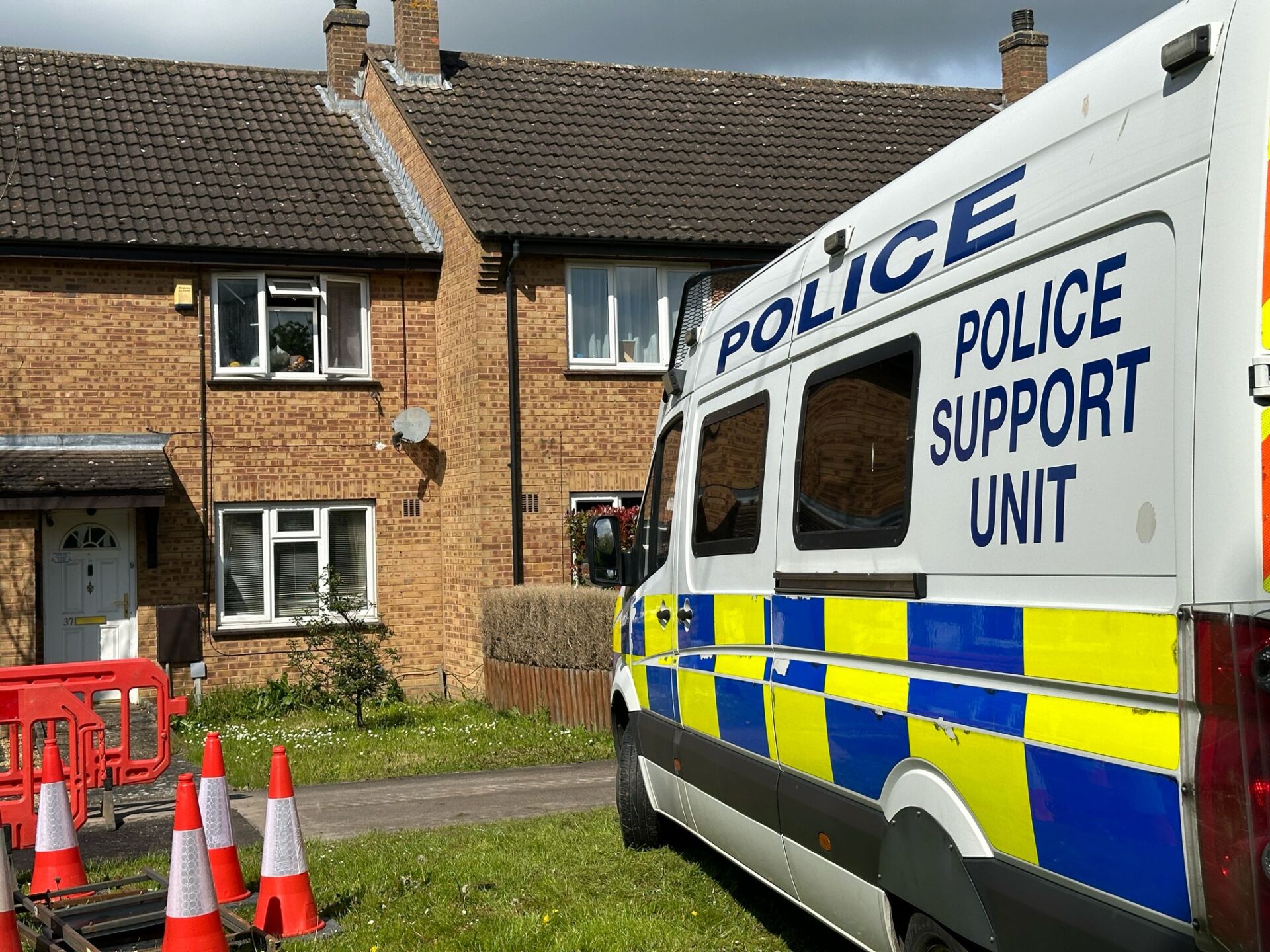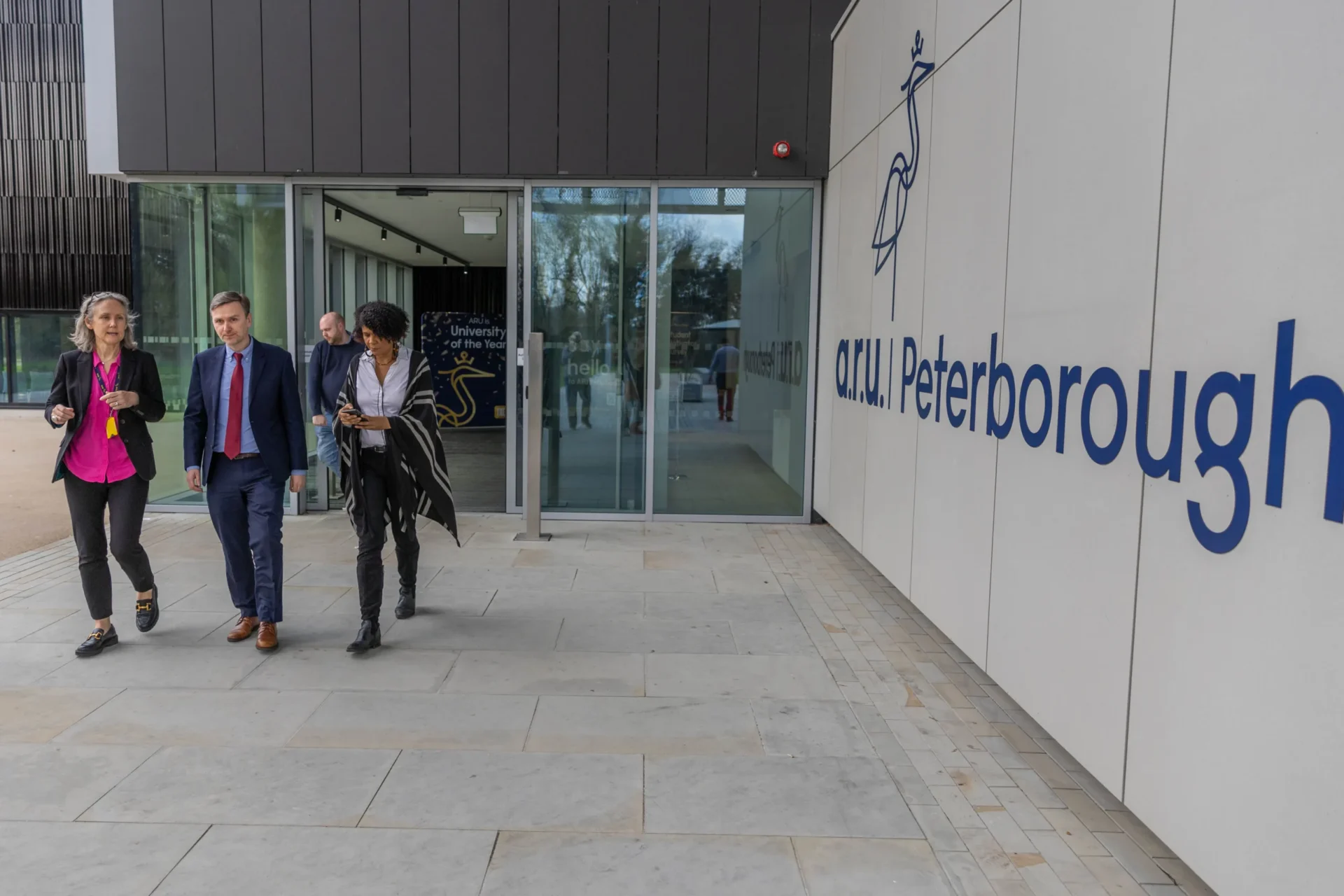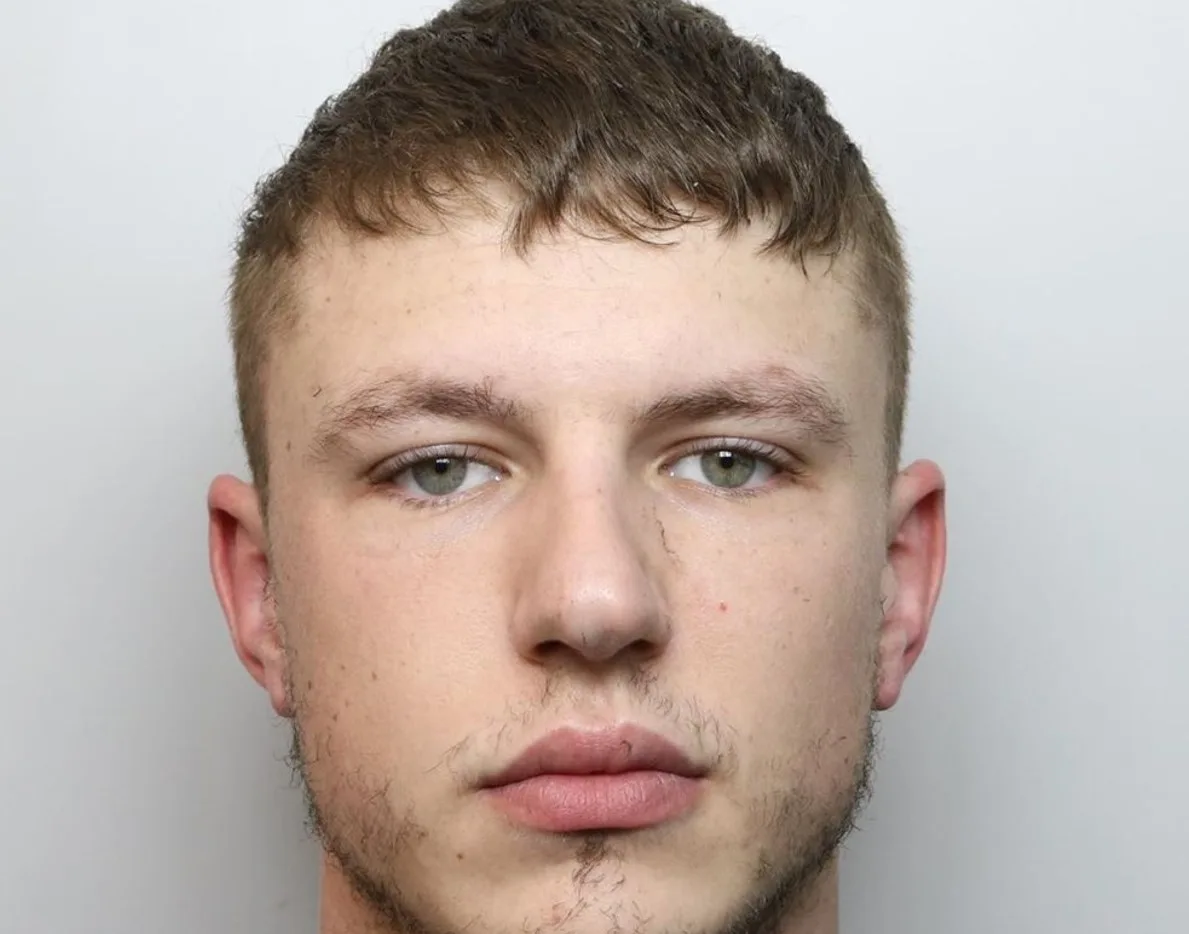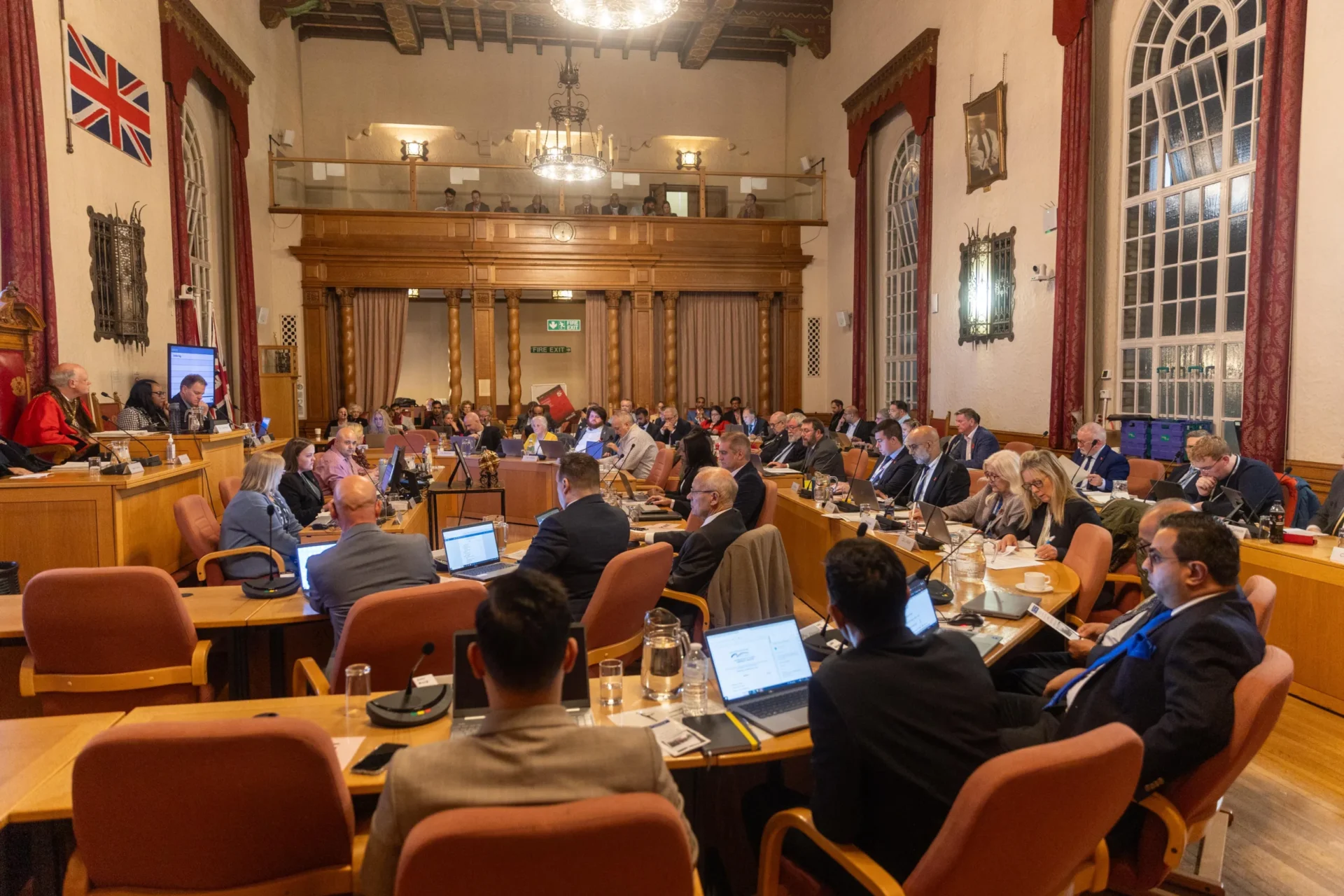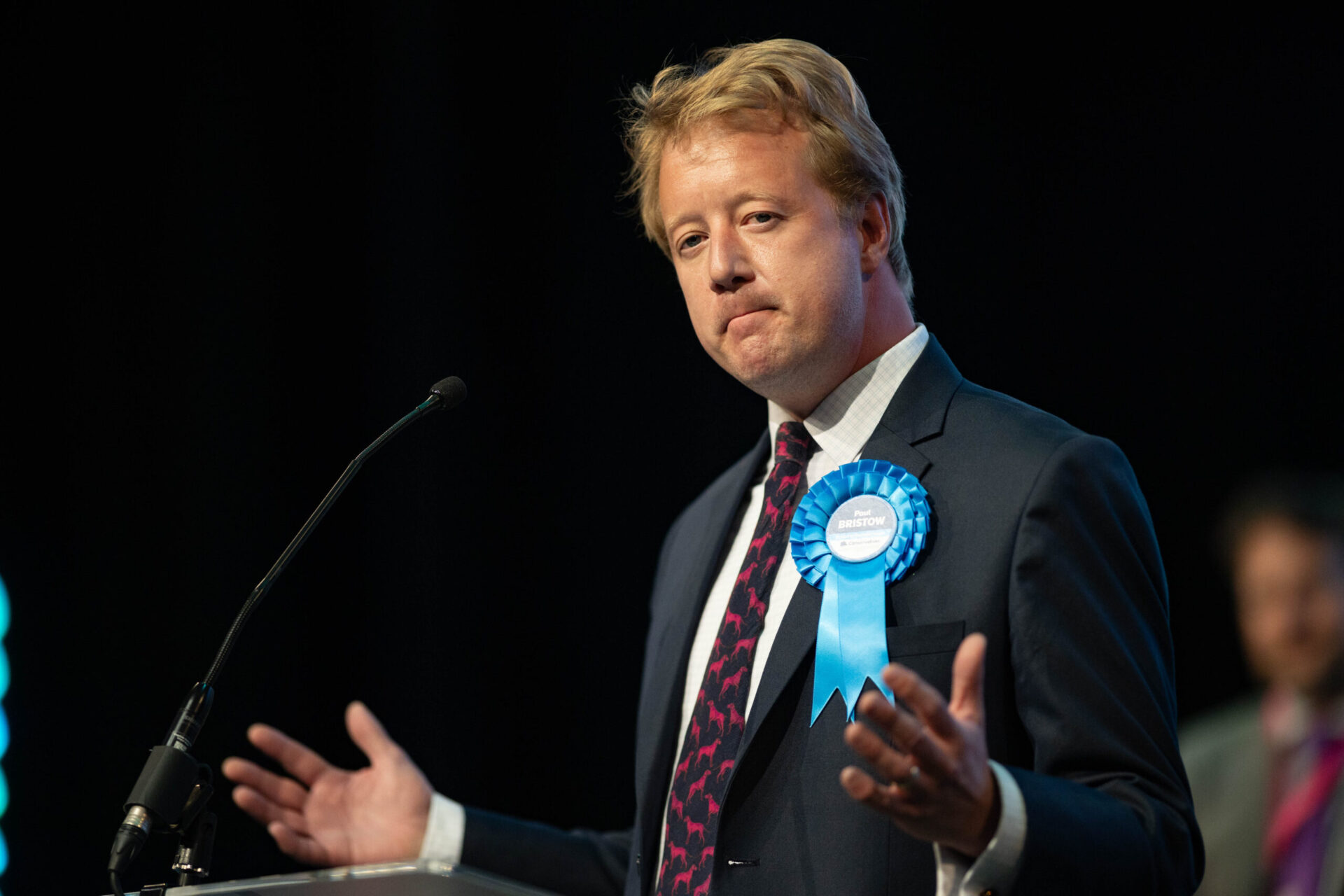Yesterday was an important day for the British press – the annual conference of the Society of Editors, which includes among its 400 members editors, managing editors, editorial directors, training editors, editors-in-chief and deputy editors in national, regional, and local newspapers, magazines, radio, television and digital media, media lawyers and academics in journalism education.
I have been a member for some years but unfortunately was unable to attend yesterday’s conference – even though I would have liked to hear the address from culture minister Lucy Frazer.
And it also meant missing a key note address from Rishi Sunak.
Disappointments aside the conference dealt with a topic which has exercised my mind a lot of late, and that is not only the debate about police/media relations but an equally important role of court coverage.
And it is the latter which I feel the most strongly about.
Local papers, and websites such as mine, CambsNews, rely heavily on an abundance of police press officers to keep us abreast of what’s happening in our courts.
Rarely a day passes without news dropping into our inboxes of a crown court case, a photo of the guilty, a brief summary of the case, and always a summary from the investigating officer.
Typical, and topical, is this today after a man was jailed for five years for causing a death by dangerous driving.
DC Paddy Reeve said: “His dangerous driving has cruelly taken away Holly’s future, so I am glad he is behind bars. This case should serve as a reminder to people to drive with care as the dangers of not are clear to see”.
On HTFP today: Live blog of @EditorsUK conference as PM @RishiSunak addresses journalists https://t.co/0499aBAsNl
— HoldtheFrontPage (@journalism_news) April 30, 2024
Reasonable enough you might say, and a fair cop making a fair assessment.
But my issue is not that, even though none of the reports emanating from police press offices dwell on any mitigation for an offence that might have been offered.
My principal issue is we never hear about the innocent. Do you know these people? These are the ones (actually any defendant) who enjoys the presumption of innocence until proven guilty.
Often these are names in the public arena. Put there by helpful police press officers circulating details of crimes that have happened, and the names of those arrested either on suspicion of carrying out the crime or charged with the crime.
Rishi Sunak has told a room full of journalists it is okay if they “clash” with the Government.
He opened the Society of Editors conference by urging journalists to “keep doing what you do. Constantly questioning, investigating, seeking the truth. https://t.co/MfAHpuEgot
— Press Gazette (@pressgazette) April 30, 2024
But what happens when the charges are subsequently dropped, or when the people go to court and are acquitted?
We never get to hear.
In the ‘golden days’ of local journalism, reporters would have been in court and duly relayed the outcome to their (our) readers. Justice not only seen to be done but dutifully chronicled in our columns.
Sadly no longer. We (i.e. the local press) neither have the time, resources or often the inclination to attend court. We know the police media officers are there (some of the time) or are able to chat with the investigating officer afterwards, cobble together a 300- or 400-word report, snatch an appropriate quote, drop in a custody photo or maybe a video clip of the defendant being arrested or even the cannabis factory or whatever the police found to bring their prosecution.
The innocent, rightly, go free. But somewhere, actually via Google, the innocent have previously been named, effectively ‘banged to rights’ within their community, yet no one is able to check the outcome.
That has to change.
So, too, has the time it takes justice to be served, since we regularly get media releases from the police of offences that happened two, three or even four years previously. It can get that amount of time to get to court.
Baroness Carr, the Lady Chief Justice, addressed one or two of these points during yesterday’s editors’ conference.
Read the keynote speech by the Lady Chief Justice at the Society of Editors 25th anniversary conference: https://t.co/xL8JM5gtV9@EditorsUK #SoEconf
— Judicial Office (@JudiciaryUK) April 30, 2024
“I remember the important role that the local press used to play in court reporting,” she told the conference.
“I know that the financial pressures on you are an increasing concern, particularly when court reporting means you have to travel between courts to find stories.”
So, a clue that online attendance at courts may become a thing of the future.
During her speech she also announced a new board to examine the judiciary’s approach to open justice, to cover all courts and tribunals.
Hold the Front Page, who covered the conference, reports: “This will include making online attendance at court proceedings easier and giving the media better advanced information about proceedings.
“She says: ‘I am really concerned that you [the journalists] have the tools to scrutinise the justice system effectively.’ The new board will ‘challenge the way the judiciary works to ensure that openness and transparency are at the heart of what we do.’”
PM tells @EditorsUK conference: "As long as the British media continues to thrive, so will British democracy."https://t.co/MfAHpuEOe1
— Press Gazette (@pressgazette) April 30, 2024
Progress of sorts, but more is needed. Maybe a resurrection of an earlier thought by some to hire, and finance, specialist court stories – much like the local democracy reporting service funded by the BBC to make local government more accessible to local media.
Whilst I would welcome that, I also think it’s time for a more radical approach.
A few years ago, I covered a complex civil case at the High Court and each day both sides were emailed a verbatim daily transcript from the court stenographer.
As I was reporting the case from the appellant’s standpoint (a David v Goliath case of breach of contract), their lawyers forwarded the transcript to me each night so I could balance it with the notes I had taken and check my understanding of the case.
Would such an approach, if adopted to criminal trials, help, or hinder the balance of justice in this country?
If nothing else it would ensure we get the outcomes of all cases, and not just of those found guilty.
And it would help, too, our understanding of supposedly lenient sentences to nullify some of the outrage visible on social media once the case has appeared online.
Part of a one-day conference is not sufficient to even begin the challenge of finding a better way of reporting from our courts.
We need a debate. In this instance a Big Debate.






